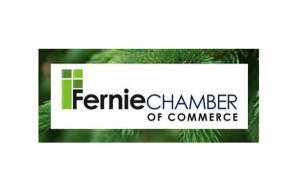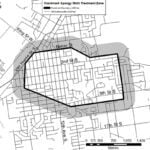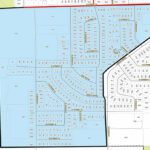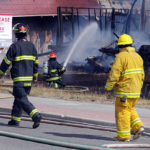Home »

Community will suffer from lack of regulation: chamber
Airbnb, VRBO, and other owner direct short-term rentals are quickly becoming the largest accommodators in Fernie and area.
Airbnb alone has 80 rental options in the area. Welcoming more visitors to Fernie benefits our local economy; however, housing our visitors in this non-regulated model does come with negative local impacts. Similar problems exist in Vancouver, Revelstoke, Tofino and many other communities.
The availability of rental homes and housing for employees is shrinking quickly. Homeowners renting under the Airbnb or like models are no longer renting long-term to permanent or seasonal residents, putting pressure on our rental inventory, the Fernie Chamber of Commerce noted in a recent press release.
 The City of Fernie introduced the R1B – Single Detached Plus Residential zone with the purpose “to provide for the development of single-detached residential units with the option of developing a secondary residential dwelling unit in the form of an attached or detached residential unit” (Bylaw No. 1750). It was created by the city to support development of rental suites to assist with the long-term housing rental availability. As owners chose the short-term or nightly rental model over long-term rental, there is a decrease in affordable long-term housing.
The City of Fernie introduced the R1B – Single Detached Plus Residential zone with the purpose “to provide for the development of single-detached residential units with the option of developing a secondary residential dwelling unit in the form of an attached or detached residential unit” (Bylaw No. 1750). It was created by the city to support development of rental suites to assist with the long-term housing rental availability. As owners chose the short-term or nightly rental model over long-term rental, there is a decrease in affordable long-term housing.
City of Fernie zoning Bylaw 1750 outlines the rules for residential Bed and Breakfast operations. These rules include: a) shall be owner occupied; b) shall not provide more than three rooms for the purpose of paying guests within the home; c) one parking space must be provided on site for each room to be rented; d) employment of one additional staff allowed to assist in operations. Renting out an entire house, apartment, or suite does not meet the zoning bylaw Bed and Breakfast criteria.
Further, those operating a residential bed and breakfast are required to have a business license. Currently, there is one licensed residential Bed and Breakfast, and three licensed commercial Bed and Breakfasts in the City of Fernie.
The current city zoning bylaw is a tool that can be used to manage the impacts of this model. Bed and Breakfast operations are allowed in two residential zones by the city. Homeowners in those zones may purchase a business license and meet the criteria listed in the zoning bylaw to legally operate under the Airbnb model.
Our community is also losing provincial funds as more visitors choose sharing models over traditional vacation stay option. Hotels and commercial short-term rental companies collect hotel room tourist tax and GST on behalf of the province and the Federal Government.
These taxes come back to our community supporting local infrastructure and providing grants for activities and events. The Airbnb model could directly reduce the amount of funds our community receives through programs like the Resort Municipality Initiative (RMI). The RMI program continues to improve Fernie’s infrastructure and local activities. Some examples are the boat launch at Dogwood Park, groomed and expanded trails (both Nordic and mountain bike), and the Summer Social’s Wednesday Concert Series.
Continuing to permit this business model to proliferate unregulated and uncontrolled, our community will suffer. Residential bed and breakfast owners are encouraged to follow current legislation and purchase a municipal business license. Education and strict enforcement of current zoning bylaws will ensure that our community has housing options available to those who choose to make Fernie home.
“We have seen communities approach Airbnb and the sharing economy in a variety of ways. In Banff, they are considered illegal tourist homes and the community has strong enforcement. Tofino council recently announced a crackdown on illegal suites. Quebec last year introduced regulations that include regular users get a certificate from the tourism ministry and collect a 3.5 per cent lodging tax,” stated Sheila Byers, Fernie Chamber of Commerce board president. “Locally, we need to act now to understand the impacts of the sharing economy, how it interacts with our municipal zoning, and the best way to regulate it,” she added.
The sharing economy platform has potential to be a valuable conduit for bringing visitors to B.C. and bolstering the tourism industry. With the rapid change, governments will need to act quickly to manage the emerging sector. There is an estimated 10,000 plus units province-wide that are not contributing to the B.C. tax base.
e-KNOW







